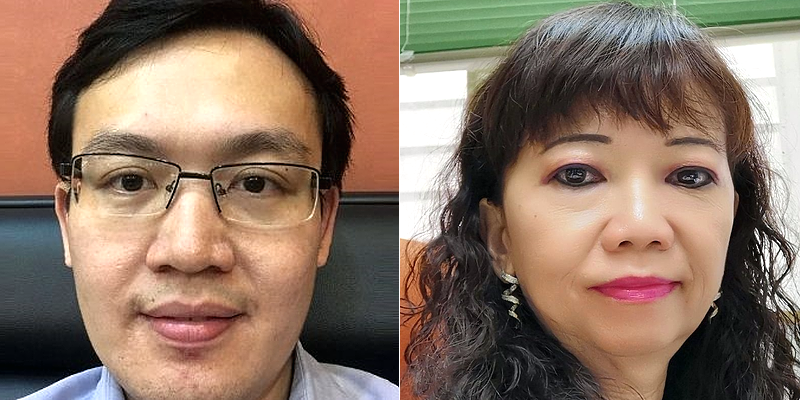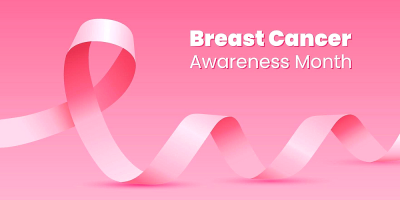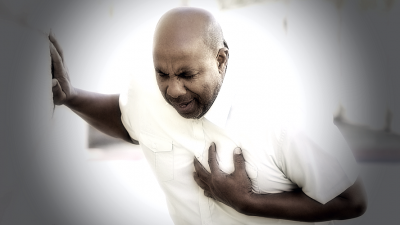
Cancer is the leading cause of death around the world.
In 2020, it was responsible for 10 million deaths, or about 1 in 6 deaths.
In the same year, there were 29,530 cancer deaths contributing 15.4% of medically certified deaths in Malaysia.
If all deaths had been medically confirmed, the proportion of cancer-related mortality would be higher1.
By 2040, the number of cancer cases in Malaysia is expected to double.
The growing number of cancer cases will become a major health problem as it has a significant impact on the community and the country’s healthcare system2.
In view of the disease burden of cancer, the World Cancer Day was established to raise public awareness of cancer and to increase efforts to improve access to quality care, screening, early detection, treatment and palliative care.
The theme for 2023 is “Closing the Care Gap,” which is about identifying disparities in cancer care and taking action to make the required effort to overcome them.
Urgent action is needed to increase cancer screening, detection and diagnosis in the early stages to improve cancer patients’ chances of survival.
Certain cancer treatments (such as chemotherapy, radiation therapy and surgery) or cancer itself can suppress or weaken the immune system.
During the Covid-19 pandemic, cancer patients are at higher risk for Covid-19 infection with severe symptoms.
The pandemic has also lowered the screening rates due to disrupted screening services which has caused patients to be presented late for treatment.
Delayed diagnosis is associated with a poor prognosis.
The five-year survival rate for cancer patients in Malaysia is 65%, compared with 90.2% in the US and 81% in Singapore.
Even though Malaysia is an upper-middle income country with a good healthcare system, cancer survival rates are still below the average of developed nations.
This may be due to challenges such as poor cancer awareness and low screening rates, delays in cancer detection and diagnosis, and delays in obtaining medical care.
Breast cancer and cervical cancer are two of the main causes of death for cancer patients in Malaysia.
However, the number of individuals who receive screenings is far short of expectations.
Breast cancer screening ranged between 3.6% and 30.9% in the general population, and 80.3% among the medical personnel.
A lack of understanding on the importance of regular cancer screening and a lack of support from family members are among the causes of the low response for cancer screening3.
In conjunction with the World Cancer Day on February 4, let’s unite to close the gap in cancer care through regular cancer screening.
References:
- International Agency for Research on Cancer Malaysia.
- Schliemann, D., Ismail, R., Donnelly, M., Cardwell, C. R., & Su, T. T. (2020). Cancer symptom and risk factor awareness in Malaysia: findings from a nationwide cross-sectional study. BMC public health, 20(1), 464.
- Aidalina, M., & Syed Mohamed, A. S. J. (2018). The uptake of Mammogram screening in Malaysia and its associated factors: A systematic review. The Medical journal of Malaysia, 73(4), 202–211.

(Dr. Soh Yih Harng, DrPH candidate; Professor Dr. Moy Foong Ming, Center for Epidemiology & Evidence-Based Practice, Department of Social Preventive Medicine, Faculty of Medicine, Universiti Malaya.)
ADVERTISEMENT
ADVERTISEMENT








































